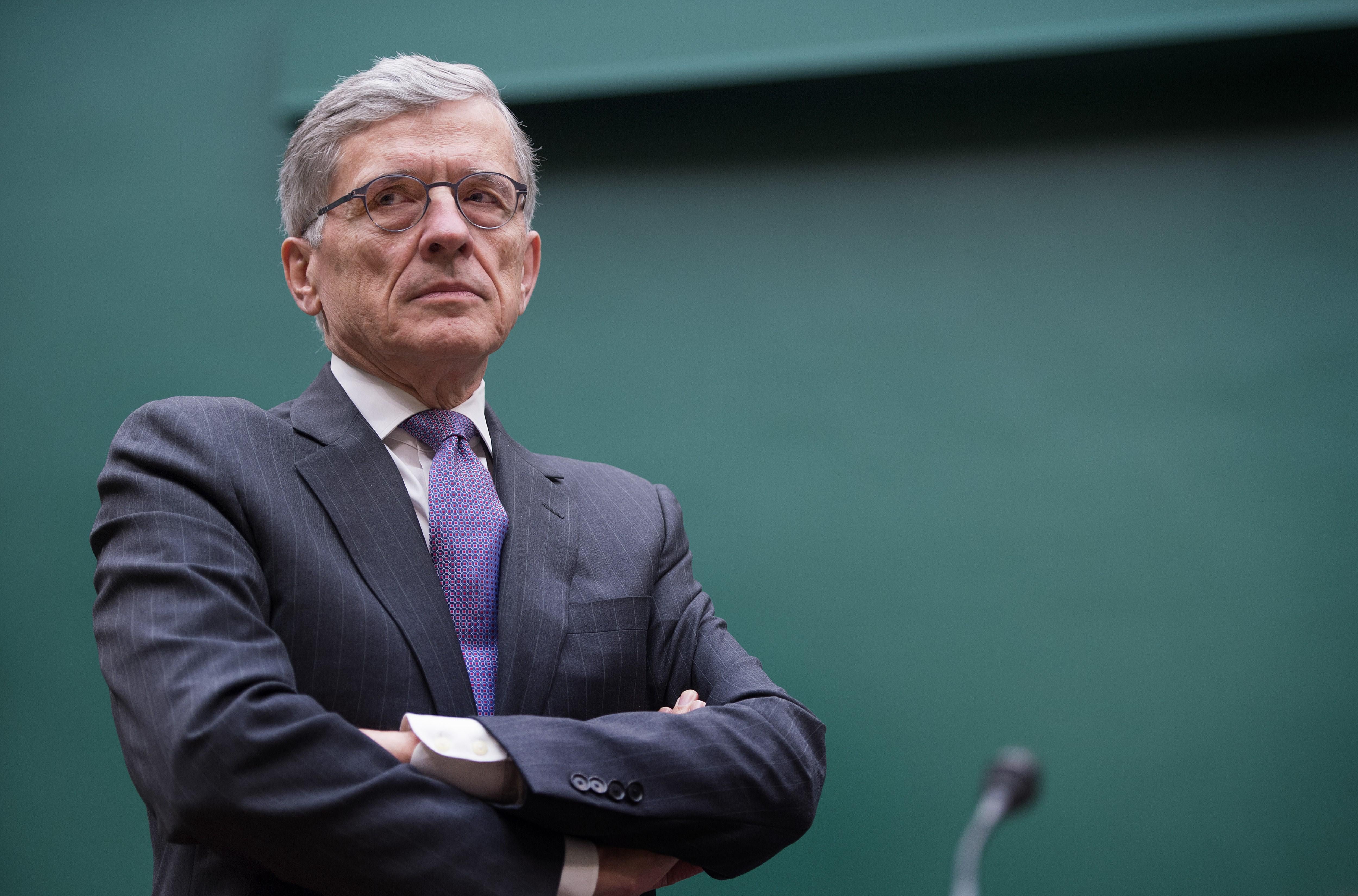Last week, the White House hired a head of the U.S. Digital Services to get the whole government to adopt technology processes like the ones that saved healthcare.gov after its disastrous launch. But, what the White House giveth, the Federal Communications Commission taketh away. The FCC is an independent agency outside the White House, and its chairman, Tom Wheeler, is proposing to adopt an online discrimination rule that will result in more disastrous websites from federal agencies, and from cities and states, despite the White House’s new service. Worse, we taxpayers will have to pay through the nose for these unworkable government sites.
Back in May, the FCC chairman proposed a rule that would permit cable and phone companies to create slow and fast lanes on the Internet by giving them “substantial room for … discrimination,” including cutting exclusive deals, and the power to impose new tolls on websites. Three million people, including hundreds of businesses, and dozens of civil liberties groups, have already filed comments in nearly unanimous opposition to Wheeler’s surprising proposal. But it is not just the private sector that will feel the pain.
Government tech will also hurt for at least three reasons. First, in a two-tiered Internet, sites in the slow lane will load slowly, buffer sporadically, and return errors. Wheeler has proposed letting cable giants “discriminate” so long as they offer sites a “minimum level of access.” The public knows that level as the “slow lane.” According to the FCC itself in a 2010 order (paragraph 76), cable companies would have a financial incentive to congest the slow lane and make it miserable. Less than a second in delay leads users to spend less time and money for the average site, and delays can make video and real-time gaming or calls unusable. Carriers would have an incentive to congest the slow lane because that would make the paid fast lane an attractive deal for big Web companies.
Second, if there are slow, congested lanes, government sites will probably be in them. The record of government technology is not great, even today, partly because of existing budget problems. Since 2010, eight cities have gone bankrupt, including Detroit, Michigan, and San Bernardino, California. Dozen of other major cities have more than $20,000 in debt per resident and at least 10 states have major debt issues. Federal agencies also have resource constraints; the public comments supporting strong network neutrality crashed the FCC’s own site on two separate occasions for days at a time. If these governments and agencies are already bankrupt, indebted, or underfinanced, they likely won’t be able to pay cable and phone companies across the country for fast lanes. They could slash spending on education, health care, and clean water to afford to pay the cable executives, but that route has its own problems.
Third, if governments do pay cable companies to avoid the slow lane, they simply transfer money from average citizens to cable companies. Taxpayers already pay cable companies to access the Internet and the cable companies are making 90 percent margins on selling that service, so they definitely don’t need a bailout. Worse, with new tolls and slow lanes, small businesses would be locked out of technology contracting. Very few small companies could guarantee fast lanes in their bids— only the cable and phone companies and some of the largest contractors could.
The chairman’s defenders—the cable and phone companies themselves—would likely respond that the “slow” lanes would be pretty fast while the “fast” lanes could offer governments even more benefits. But don’t believe it. Our nation is already in the global slow lane. Internet access here is more expensive and much slower than a dozen countries around the world, including Estonia. The slow lane will not be plenty fast, globally speaking. Plus, creating a slow, congested slow lane is a tried and true telco tactic. Companies that run long-haul networks connecting websites to cable companies around the world (called Internet backbones) have evidence that the very largest cable and phone companies in the U.S. have already deliberately congested connections to these networks to force Netflix to pay for a premium connection. The cable and phone companies have no incentive to create a fast slow lane.
Nor do they have any incentive to provide an exemption for government sites. That’s not how government sales usually work; pharmaceutical companies defend rules that keep Medicare from negotiating discounts. Vendors fleece governments on technology, as the healthcare.gov $1 billion bill reflects. Plus, fast lanes for big business and big government would spark political controversy and could not be a clearer symbol of a corrupt bargain for a two-tiered Internet.
Hiring a celebrated technologist to head the Digital Service while the FCC contemplates dismantling the open Internet is a sad symbol of how many in Washington treat the Internet today. They celebrate individual technologists while they dismantle the system that lets them thrive. Under Wheeler’s plan, the American government that funded the Internet’s initial development would look back fondly on a time when a few tech gurus could parachute in and save a health care site.
Disclosure: The author is a lawyer who has advised startups and nonprofits on net neutrality issues.
